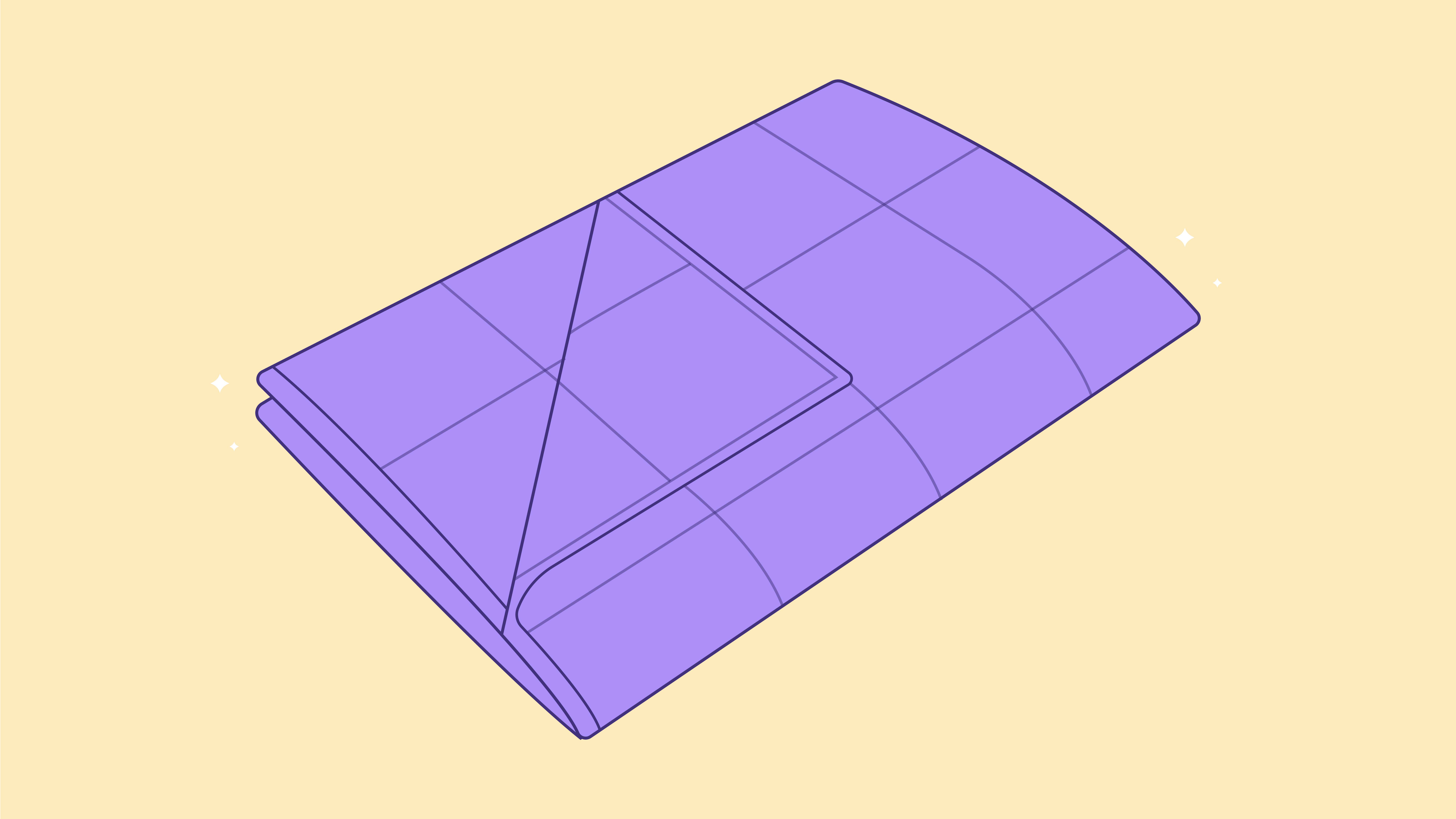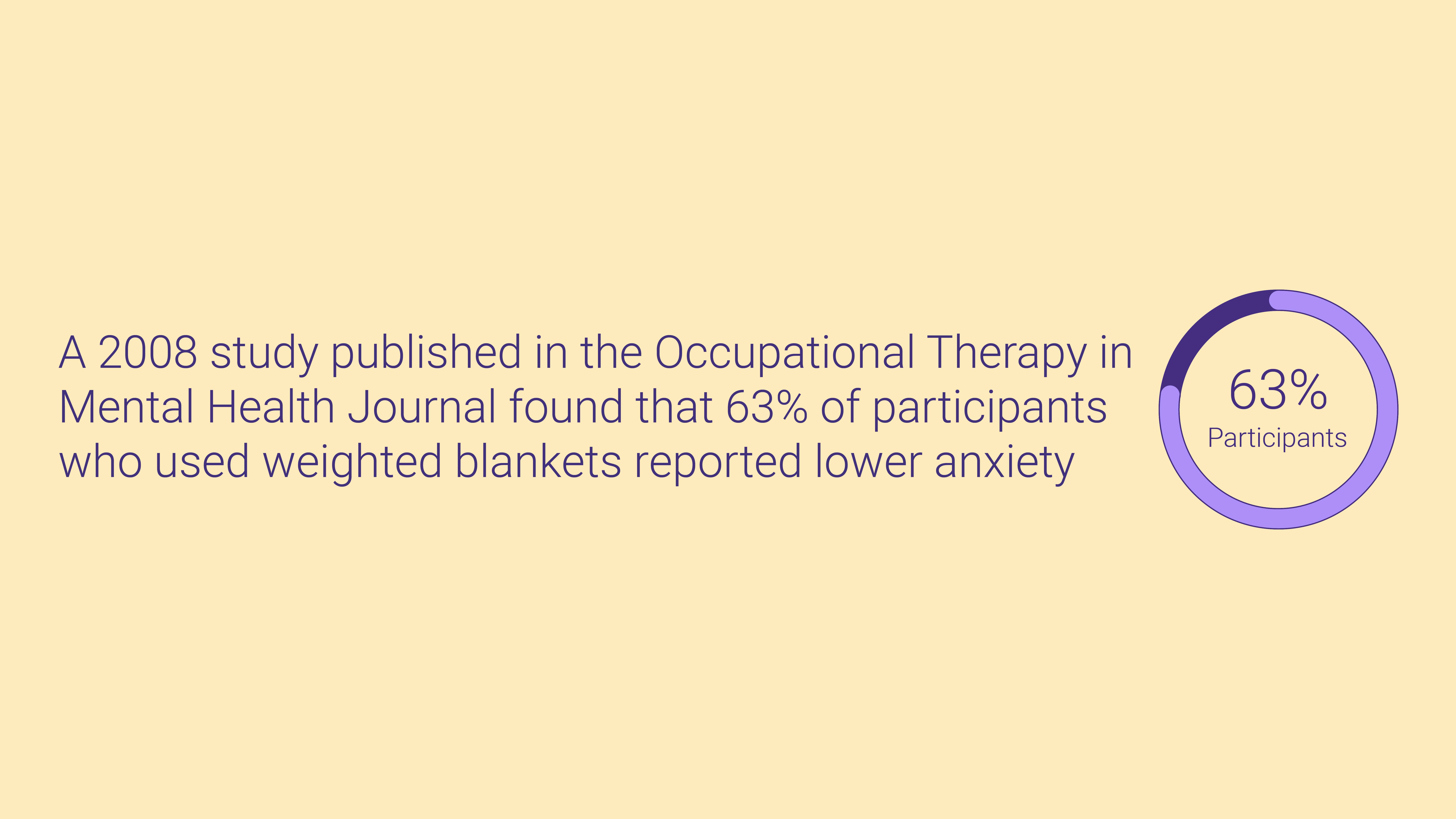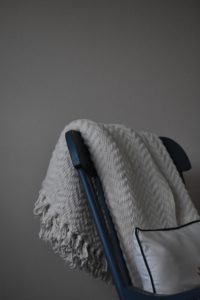
Can Weighted Blankets Help with Anxiety and Insomnia?

- Weighted blankets, with their deep pressure stimulation, show promise in alleviating anxiety and insomnia symptoms, offering a potential natural solution for stress-related conditions.
- Utilizing Deep Touch Pressure Stimulation Therapy, weighted blankets induce relaxation by mimicking a gentle hug, releasing serotonin and melatonin, with the blanket’s recommended weight based on the user’s body weight being crucial for effectiveness.
- While weighted blankets may benefit various conditions beyond anxiety and insomnia, caution is needed for individuals with specific preferences or conditions, such as claustrophobia. Exploring features like weight, fabric, and warranty helps users find the most suitable option.
40 million adults in the US currently experience some form of anxiety and over half of us are stressed out. In fact, America is one of the most stressed countries in the world. Prolonged periods of untreated stress can lead to a host of other more serious health issues, like heart disease, acid reflux, and insomnia.
Enter the weighted blanket, the latest natural treatment for anxiety, insomnia, and other stress-related conditions. Since anxiety and sleep-disorders seem to go hand-in-hand, using something to alleviate the anxiety could have a positive domino effect.
Weighted blankets are a fairly new trend. The weight of the blanket mimics DPS or deep pressure stimulation, a therapy used to increase serotonin levels, which in turn helps with sleep and stress. While scientific studies remain inconclusive on weighted blankets’ long-lasting effects, it has been shown to help users fall asleep faster and improve sleep quality.
One study published in The Journal of Sleep Medicine Disorders found participants who used weighted blankets experienced increased sleep time and decreased nighttime movement. It seems clear that while weighted blankets are not a substitute for seeing a health professional about stress and anxiety, using one could potentially ease the symptoms of these issues.
What Exactly is a Weighted Blanket?
Weighted blankets look like any other soft blanket, except they are lined with glass beads or plastic pellets to make them heavier. The inside of the blanket is usually padded with polyester fiberfill so the user can’t feel the “weights.”
Weighted blankets first gained traction in a Kickstarter for The Gravity Blanket, which claimed to treat insomnia, PTSD, and prolonged anxiety.
The Gravity Blanket later had to tone down their claims as there’s currently no evidence a weighted blanket can treat these illnesses. However, reviews for the blankets showed they could help the user fall asleep faster because they mimic a hug, which releases serotonin and decreases cortisol, the stress hormone.
How Do They Work?
The weight of the blanket acts like a gentle hug— the pressure pushes the sleeper further down into their mattress, triggering the release of serotonin and melatonin, hormones that calm and relax your body.
Weighted blankets typically weigh between 5-30 lbs, and most manufacturers recommend using one that’s about 5-10% of your body weight. If you choose a blanket that’s too heavy, you risk feeling too hot or trapped underneath it. On the other hand, one that’s too light may feel just like any other blanket, negating any potential benefits.
The blanket’s weight obviously plays a big role in how effective it is. Refer to the table below to help you choose the best weight for your size and age:
| Body Weight | Age | Recommended Blanket Weight |
|---|---|---|
| 30-40 lbs | 2-6 | 5 lbs |
| 40-70 lbs | 7-10 | 7 lbs |
| 70-90 lbs | 11-13 | 10 lbs |
| 90-150 lbs | 14-16 | 15 lbs |
| 150-200 lbs | 17-20 | 20 lbs |
| 200+ lbs | 21+ | 25 lbs |
Remember: a weighted blanket is not a substitute for talking to a professional about anxiety and insomnia.
If you’re looking for a the best blankets you can buy, check out our comprehensive blanket guide.
How Can a Weighted Blanket Help My Insomnia?
Insomnia is one of the most common, if not the most common sleep disorder affecting the world today. Those who have it are all too familiar with its consequences: low productivity, increased stress, weight gain, depression, anxiety, and of course, fatigue.
To get ahold of these symptoms and put your sleep cycle back on track, getting to sleep faster and staying asleep is the most obvious solution. However, it’s much easier said than done. A weighted blanket is a potential fix that could help you fall asleep.
How Can a Weighted Blanket Help My Anxiety?
Anxiety can bubble up when we’re stressed, going through major life changes, or are just burned out. It can also lead to insomnia, which perpetuates a cycle of sleep deprivation and more anxiety. It’s neverending! A weighted blanket can temporarily calm the user, grounding them using DPS.
A 2008 study published in the Occupational Therapy in Mental Health Journal found that 63% of participants who used weighted blankets reported lower anxiety and 78% felt more relaxed. The pressure from weighted blankets can also decrease cortisol, the stress hormone, leading to a more peaceful rest.
What are Other Benefits?
Beyond potentially helping with your anxiety and insomnia, weighted blankets can also be used to alleviate the symptoms of obsessive-compulsive disorder, ADHD, post-traumatic stress disorder, Restless Leg Syndrome, and fibromyalgia. All of these conditions can affect sleep quality, so if nothing else, you can potentially get a better night’s sleep using a weighted blanket, which in turn can alleviate other disturbances.
What are the Downsides?
Using a weighted blanket may not be for everyone. If you sleep hot, consider a cooling weighted blanket or a lighter weight model.
Weighted blankets can exacerbate claustrophobia or agoraphobia, so if you suffer from these conditions, consider an alternative to weighted blankets or talk to a healthcare professional about other solutions.
How Does Deep Pressure Stimulation Therapy Work?
Weighted blankets act as a form of Deep Touch Pressure Stimulation Therapy, or DPS, which releases serotonin, a chemical that regulates sleep. You’ve probably experienced the calming feeling of being snuggled under lots of blankets on a cold day or being hugged tightly by a friend. This feeling releases dopamine, a chemical that makes you feel happier and relaxed.
DPS mimics these same feelings using massage or, for more convenience, weighted blankets.
When you experience gentle pressure against your body, your brain shifts from running the sympathetic nervous system (SNS) to the parasympathetic nervous system (PNS). This switch is sometimes called “‘fight or flight” to “rest and digest.’”
If your SNS was running the show all the time, you would feel anxious and burned out. If it’s still running at bedtime, you run the risk of sleeping poorly or stirring up gastrointestinal issues.
Those with chronic anxiety, autism, or sensory processing disorders often have trouble shifting from their SNS to their PNS. This is where a weighted blanket comes in. It uses DPS to stimulate the parasympathetic nervous system, slowing your heart rate down, relaxing your muscles, and improving circulation.

Can Children Use Weighted Blankets?
Some studies have shown weighted blankets have positive effects on children with autism since DPT relaxes and alleviates symptoms of sensory processing disorder. However, Sleep Junkie recommends parents exercise caution when using weighted blankets with young children under the age of 8.
According to the American Academy of Pediatrics, weighted blankets are not recommended for infants or young children as they can increase the risk of SIDS. They suggest using sleep sacks to swaddle your baby, which are similar to weighted blankets in their effect but much safer for small children.
Other Features to Consider

Weights
Most weighted blankets use glass or plastic beads as the “weights” to give the blanket some heft. They are sewn into the layers of the blanket, sometimes in individual pockets to prevent clumping or uneven weight distribution.
Along with the beads, manufacturers add some kind of padding to the blanket so the user can’t “feel” the individual weights. This fabric padding is often made of cotton, polyester, fleece, or chenille.
Fabrics
Some weighted blankets claim to be “cooling,” so they may be infused with heat-wicking materials such as gel, charcoal, or bamboo. If you’re a hot sleeper but are considering a weighted blanket, look for one made with breathable fabrics such as cotton or wool. Remember: the higher the thread count, the less breathable the fabric will be.
While the cover of a weighted blanket is usually machine washable, the weighted portion usually is not. We recommend dry cleaning to ensure your blanket doesn’t break down too quickly.
Size
Weighted blankets come in all shapes and sizes— some are small throw blankets made for one person, while others are meant to cover a king-sized bed. Some customer reviews lament the sizing discrepancies of some models, so be sure to compare the blanket’s measurements with those of your bed before buying.
Aromatherapy
Yes, aromatherapy even extends to sleep accessories now! Some weighted blankets come infused with calming oils such as lavender or chamomile. While this is a nice perk, the smell may wear off after a while and become less of a benefit.
Price and Warranty
Weighted blankets, while not a necessity to a good night’s sleep, can complete a bed set if you suffer from any of the conditions outlined in this article. Typically, weighted blankets cost upwards of $100, with smaller sizes and lower quality options costing a bit less.
Do plenty of research before you buy, including reading customer reviews. Some weighted blankets sold by independent sellers may not come with a generous return policy or warranty.
Weighted blanket warranties usually cover the stitching or seams coming apart from natural wear, as well as rips or fraying not caused by the owner. The average warranty length for weighted blankets is 3-5 years.
Your Mattress
You should consider how using a weighted blanket will affect the feel of your mattress, since a common concern with weighted blankets is that they trap heat. If you sleep on a foam or hybrid mattress, consider choosing a cooling weighted blanket.
Interested in Learning More?
If you suffer from sleep issues such as increased anxiety or insomnia, you’re not alone— thankfully, there are lots of natural remedies for better sleep out there, and a weighted blanket is a potential solution. The gentle pressure from the blanket can lead to a deeper, more relaxed sleep. To find the best weighted blanket for your sleep needs, check out our other guide featuring our recommended weighted blankets.
